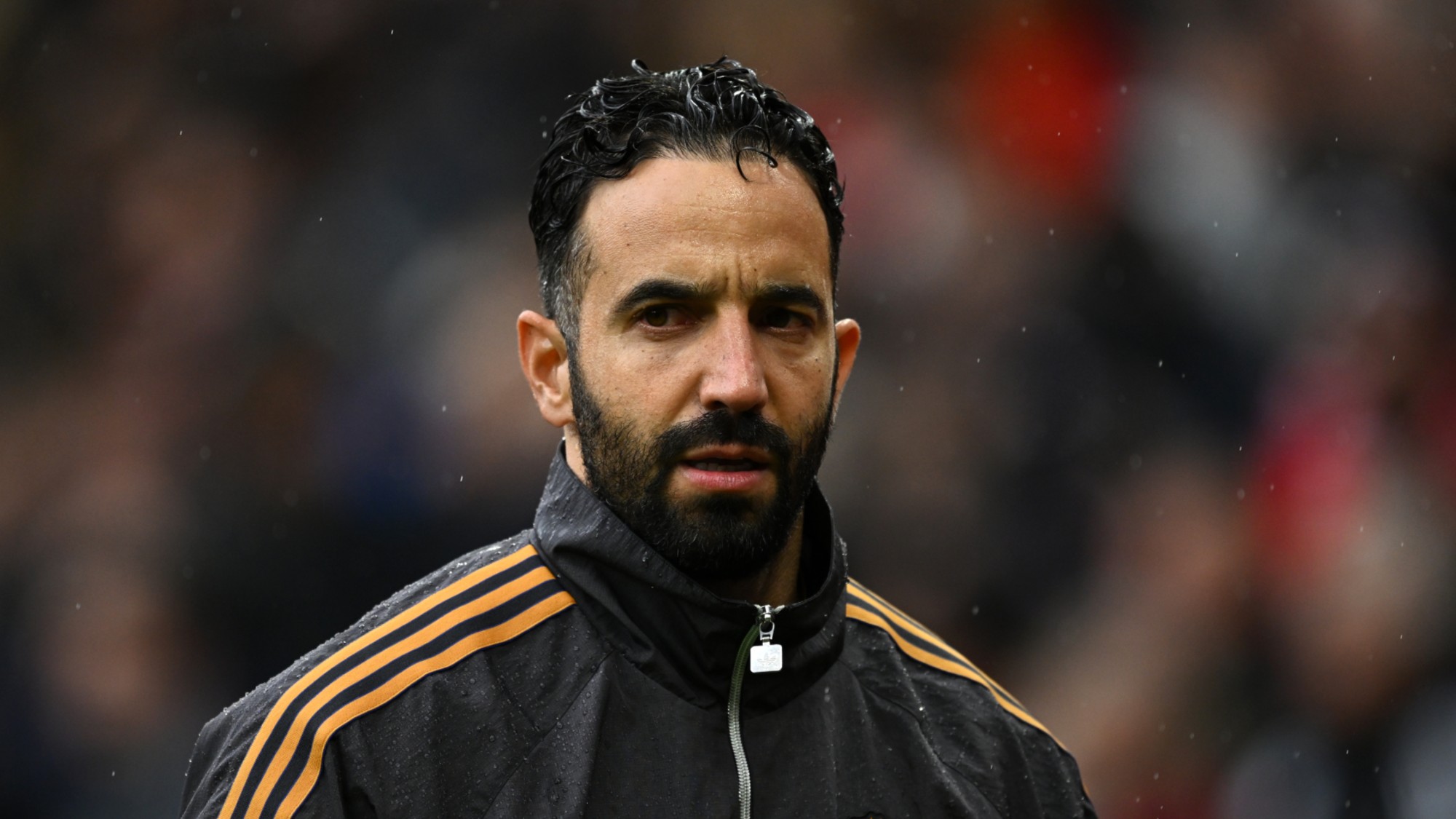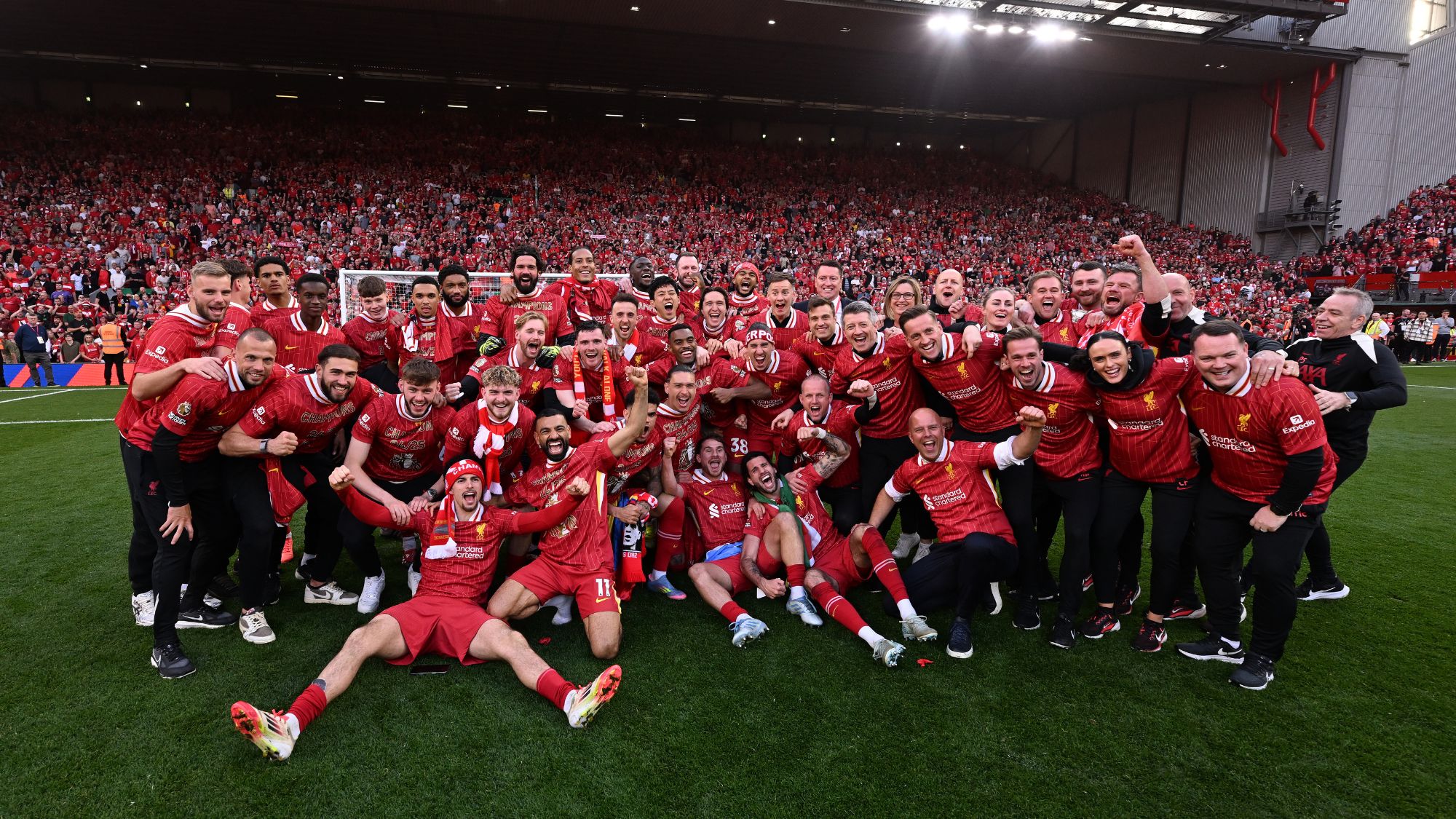Is a new English football regulator an own goal for the game?
PM hails 'historic moment for football fans' but West Ham owner warns it could 'ruin' Premier League

A free daily email with the biggest news stories of the day – and the best features from TheWeek.com
You are now subscribed
Your newsletter sign-up was successful
Establishing a football regulator in England could "ruin" the Premier League and destroy one of the country's biggest exports, a club owner has warned.
The UK government announced plans in April 2022 to appoint an independent body, following a fan-led review into football. The review was prompted by a number of "high-profile crises" in the sport, said the BBC, including the failed European Super League, the collapse of Bury FC and Macclesfield Town, and the Saudi-backed takeover of Newcastle United.
Under the Football Governance Bill brought to Parliament this week, power handed to the football regulator will centre around three main objectives: improving financial sustainability of clubs, ensuring financial resilience across the leagues and safeguarding English football's heritage. The new watchdog will be able to sanction English clubs who break financial and other rules, and even force bad owners to sell up.
The Week
Escape your echo chamber. Get the facts behind the news, plus analysis from multiple perspectives.

Sign up for The Week's Free Newsletters
From our morning news briefing to a weekly Good News Newsletter, get the best of The Week delivered directly to your inbox.
From our morning news briefing to a weekly Good News Newsletter, get the best of The Week delivered directly to your inbox.
'Historic moment for football fans'
Rishi Sunak said the regulator, which is separate from both government and existing football authorities, will help to prevent "financial mismanagement" by "unscrupulous owners". This is a "historic moment for football fans", the prime minister added.
First pitched nearly five years ago, the plan has been "heralded as the possible solution to fixing the game's broken financial model", said ITV News. The regulator will primarily be concerned with safeguarding the financial sustainability of clubs in England through a licensing system – covering clubs from the National League up to the Premier League – and will seek an agreement between top clubs and the rest of the English Football League (EFL) over how Premier League money is distributed throughout the game.
Premier League clubs this month walked away from a £900 million support plan for the EFL, a decision that "provoked anger and frustration", said The Guardian, both "inside the game and across Westminster".
The Bury South MP, Christian Wakeford, said the "long-awaited move" was a "significant step forward in addressing the systemic issues plaguing our beloved sport". It would ensure football's "sustainability for generations to come", he wrote for the Bury Times.
A free daily email with the biggest news stories of the day – and the best features from TheWeek.com
The move has been welcomed by the EFL and Football Association (FA). But the Premier League, which represents England's top 20 clubs, said that while it "recognises and accepts the case for reform", a regulator "is not necessary".
'We may cease to be the top league'
West Ham United's owner David Sullivan warned that the Premier League may not remain the world's top division if an independent regulator is introduced. "It is a big export," he told BBC Sport. "Anything to water down our income will make us less competitive. We may cease to be the top league, so they may ruin an asset that we have."
The Premier League is "one of Britain's most famous exports", agreed Philip Patrick in The Spectator, and "its success is because these clubs have been left relatively free to conduct business". If the attempt to "tame this Premier League beast" succeeds, it will "create an opportunity for a Premier League 2.0 (most likely in the Middle East) to flourish free of the impositions of pesky regulators spoiling the fun".
The debate over regulation "highlights the inherently political nature of the sport", wrote Grimsby Town chair Jason Stockwood for The Guardian. Questioning the "balance between commercialism and community" challenges the very "essence of the game's existence and for whom it is truly meant".
-
 Switzerland could vote to cap its population
Switzerland could vote to cap its populationUnder the Radar Swiss People’s Party proposes referendum on radical anti-immigration measure to limit residents to 10 million
-
 Political cartoons for February 15
Political cartoons for February 15Cartoons Sunday's political cartoons include political ventriloquism, Europe in the middle, and more
-
 The broken water companies failing England and Wales
The broken water companies failing England and WalesExplainer With rising bills, deteriorating river health and a lack of investment, regulators face an uphill battle to stabilise the industry
-
 Amorim follows Maresca out of Premier League after ‘awful’ season
Amorim follows Maresca out of Premier League after ‘awful’ seasonIn the Spotlight Manchester United head coach sacked after dismal results and outburst against leadership, echoing comments by Chelsea boss when he quit last week
-
 How do new stadiums affect football clubs?
How do new stadiums affect football clubs?In the Spotlight Everton's decision to move its men's team out of Goodison Park could be a catalyst for vital change, but there are cautionary tales too
-
 Liverpool's Anfield redemption: how did they do it?
Liverpool's Anfield redemption: how did they do it?Talking Point Arne Slot's blueprint and standout player performances guide the Reds to record 20th league title
-
 Where are all the English football managers?
Where are all the English football managers?Talking Point Eddie Howe's Carabao Cup success underlines absence of homegrown coaching talent in the Premier League
-
 New Trafford: can it fix Manchester United's footballing problems?
New Trafford: can it fix Manchester United's footballing problems?Talking Point Plan for £2 billion stadium despite staff job losses and lack of success on the pitch
-
 Is it time for Anthony Joshua to retire?
Is it time for Anthony Joshua to retire?After his latest brutal defeat, British boxing's 'poster boy' has a difficult choice to make
-
 Raygun: heir to Eddie the Eagle?
Raygun: heir to Eddie the Eagle?Talking Point Australian Olympic breakdancer Rachael Gunn has become 'a worldwide meme'
-
 Boxing at the Olympics: the row over sexual differences
Boxing at the Olympics: the row over sexual differencesTalking Point Controversy over Imane Khelif and Lin Yu-ting shines a spotlight on the murky world of gender testing – and the IOC's inaction